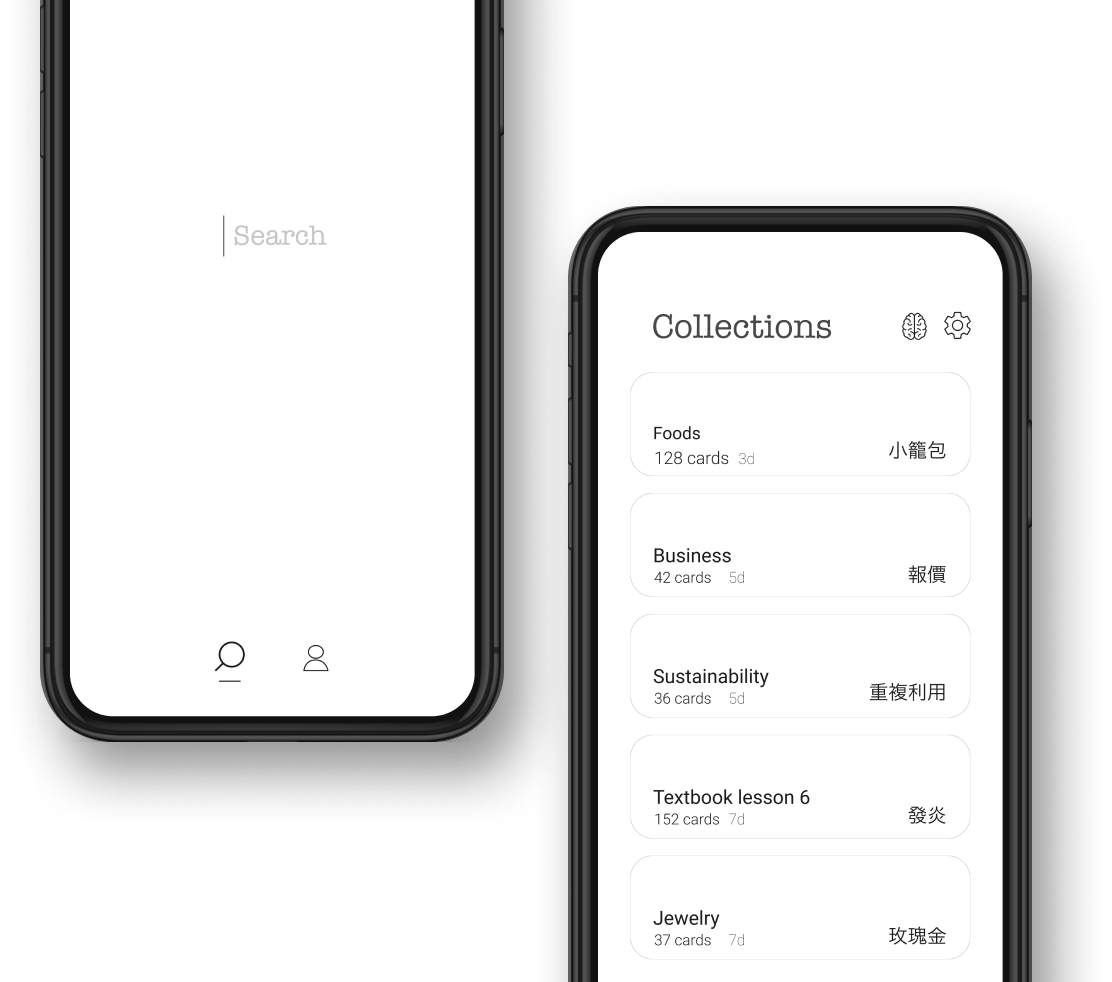Meaning of tī:
体
used in 體己|体己[ti1ji5]; Taiwan pr. [ti3]; body; form; style; system; substance; aspect (linguistics)
Tā shì wǒ de hǎo péngyǒu, wǒmen hěn guānxi mìtǐ.
他是我的好朋友,我们很关系密体。
He is my good friend, we have a very intimate relationship.
Tā de shēntǐ hěn jiànkāng.
他的身体很健康。
His body is very healthy.
Tā de shēn tǐ hěn jiàn kāng.
她的身体很健康。
Her body is very healthy.
Zhè gè diāosù yòng nítǔ tǐxiàn chū yìshùjiā de chuàngyì.
这个雕塑用泥土体现出艺术家的创意。
This sculpture uses clay to form the artist's creativity.
Tā de xiězuò tǐ hěn yǒu zìjǐ de fēnggé.
他的写作体很有自己的风格。
His writing style has its own character.
Tàiyáng xì shì yī gè guǎngkuò de tiāntǐ xìtǒng.
太阳系是一个广阔的天体系统。
The solar system is an extensive celestial system.
Shuǐ shì yī zhǒng zhòngyào de tǐ.
水是一种重要的体。
Water is an important substance.
Zài yǔfǎ zhōng, dòngcí de shítài hé tǐ tōngcháng xīxī xiāngguān.
在语法中,动词的时态和体通常息息相关。
In grammar, the tense and aspect of a verb are usually closely related.
to experience
Zài zhè cì lǚxíng zhōng, wǒ nénggòu qīnshēn tǐyàn bùtóng wénhuà.
在这次旅行中,我能够亲身体验不同文化。
During this trip, I was able to personally experience different cultures.

